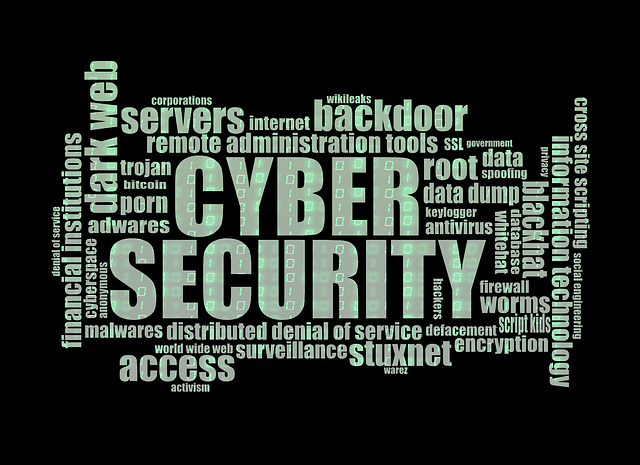Today, a nice young man called me out of the blue and offered to help me with my computer. He said he was from Microsoft, and they were monitoring my PC and had “detected a computer virus.” Whaaaaat? He said all they needed in order to start the virus removal process was my credit card number because the service required pre-payment. Of course, it did. I told this nice young man I would be happy to comply, especially since he was offering to help me out with my computer problem. But first, I would need him to give me his Microsoft authorized dealer number (I don’t think they issue any), his name, the name of his company, and their current address. When he repeated the request for my credit card number, I told him I was a Microsoft authorized partner and that I wouldn’t need his help today, especially since I was pretty sure I didn’t have a computer virus and very sure I didn’t have a credit card number I was willing to share with him.
It’s important to understand that real-time virus protection on a PC is an automated process. Computers aren’t monitored for malware by live tech support. In fact, we call that spying. And, since most of us value some measure of privacy, we don’t generally volunteer access to our computers if we can help it. Also, if such a service did exist, we would know about it by way of a monthly charge.
You will never receive a call from any legitimate company advising you that you have a computer virus. And, you should never give your credit card number to a stranger on the phone. Never. Ever. Period. Unless maybe you’re ordering food from your local Chinese restaurant.
Again, Microsoft doesn’t provide live malware monitoring, just anti-malware features in Windows. And this guy was definitely not a Microsoft vendor. Just for the record, this call came from an out-of-area number: 510-943-3040.
Cold-call tech support scams have been around for some time and are becoming more frequent. The best thing to do is simply hang up. If you feel lonely and want to chat, just don’t divulge any personal information: like your social security number, birth date, credit card information, mother’s maiden name, your first pet’s name, or where you were born (save it for social media). In fact, tell them you couldn’t possibly have a computer virus because you don’t own a computer. Or credit cards. And that you don’t even have a phone and have no idea where the Microsoft tech support voices are coming from.
Or, just hang up.


